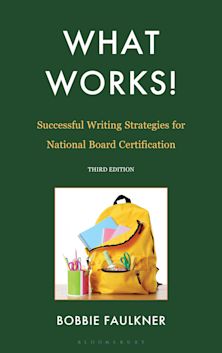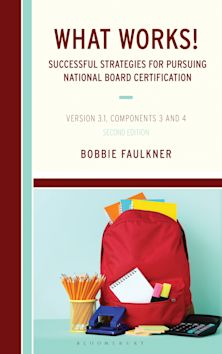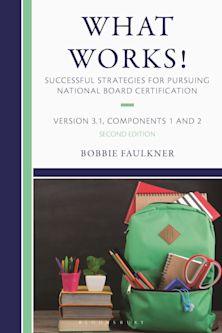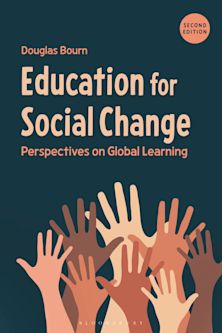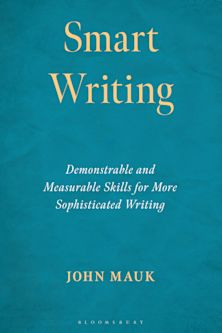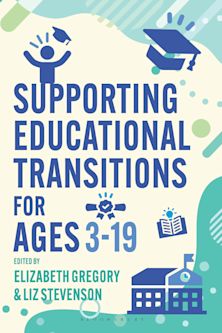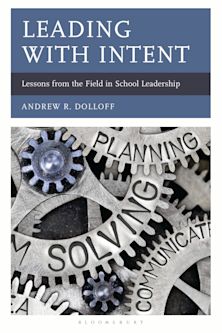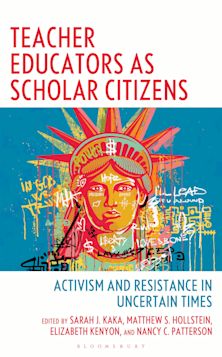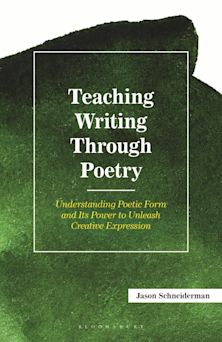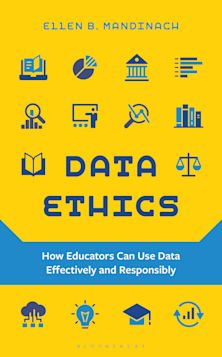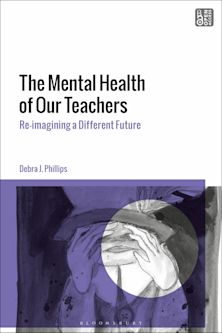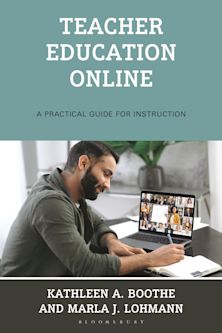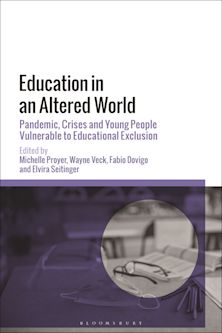Big Ideas for Little Kids
Teaching Philosophy through Children's Literature
Big Ideas for Little Kids
Teaching Philosophy through Children's Literature
This product is usually dispatched within 3 days
- Delivery and returns info
-
Free US delivery on orders $35 or over
Description
Big Ideas for Little Kids includes everything a teacher, a parent, or a college student needs to teach philosophy to elementary school children from picture books. Written in a clear and accessible style, the book explains why it is important to allow young children access to philosophy during primary-school education. Wartenberg also gives advice on how to construct a "learner-centered" classroom, in which children discuss philosophical issues with one another as they respond to open-ended questions by saying whether they agree or disagree with what others have said.
Table of Contents
List of Figures
Preface to the Second Edition
Preface to the First Edition
Part 1: Teaching Philosophy in Elementary Schools
Natural-Born PhilosophersHow I Became a Children’s Philosophy TeacherLearner-Centered TeachingThe “Game” of PhilosophyPart 2: Preparing to Teach
The Elementary-School Introduction to Philosophy CoursePreparing for a Philosophy Discussion: The Discussion FrameworkFacilitating a Philosophical DiscussionDeepening and Extending the DiscussionPart 3: The Stories
“Dragons and Giants”: Teaching EthicsFrederick: Teaching Social and Political PhilosophyThe Important Book: Teaching MetaphysicsThe Wonderful Wizard of Oz: Teaching the Philosophy of MindThe Giving Tree: Teaching Environmental PhilosophyMorris the Moose: Teaching LogicMany Moons: Teaching EpistemologyKnuffle Bunny: Teaching the Philosophy of LanguageEmily’s Art: Teaching AestheticsPart 4: Implications
A Sample Discussion of The Giving TreeConclusionAppendix
References
Product details
| Published | May 01 2014 |
|---|---|
| Format | Paperback |
| Edition | 2nd |
| Extent | 190 |
| ISBN | 9781475804454 |
| Imprint | Rowman & Littlefield Publishers |
| Dimensions | 9 x 6 inches |
| Publisher | Bloomsbury Publishing |
Reviews

ONLINE RESOURCES
Bloomsbury Collections
This book is available on Bloomsbury Collections where your library has access.













